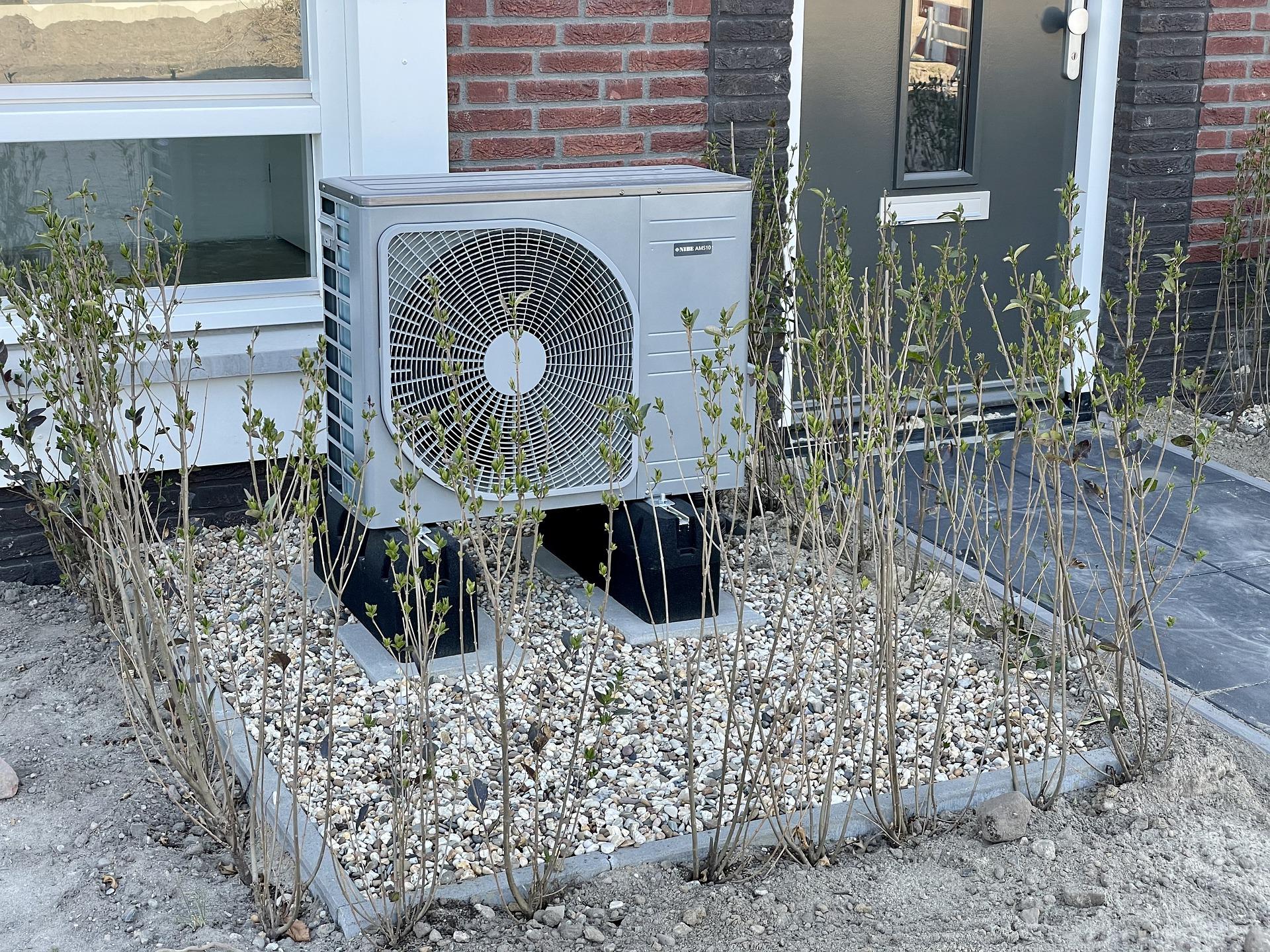
Heat pumps are rapidly gaining popularity as a sustainable and efficient way to heat and cool homes. Unlike traditional furnaces that generate heat by burning fuel, heat pumps transfer heat between the inside and outside of your home. This makes them significantly more energy-efficient and environmentally friendly. But how do they work, and are they right for you? This comprehensive guide covers everything you need to know about heat pumps.
What is a Heat Pump?
A heat pump is essentially a refrigerator working in reverse. Instead of cooling a compartment and expelling heat, it moves heat from one area to another. In heating mode, it extracts heat from the outside air (or ground or water, depending on the type) and transfers it inside. In cooling mode, it reverses the process, extracting heat from inside and releasing it outside.
Types of Heat Pumps:
There are several types of heat pumps, each with its own advantages and disadvantages:
- Air-Source Heat Pumps (ASHPs): These are the most common type and extract heat from the outside air. They are relatively easy to install and are suitable for most climates, although their efficiency can decrease in extremely cold weather. There are two main types of ASHPs:
- Air-to-Air Heat Pumps: Transfer heat directly between the outside air and the indoor air.
- Air-to-Water Heat Pumps: Transfer heat from the outside air to water, which is then used to heat radiators or underfloor heating systems.
- Ground-Source Heat Pumps (GSHPs) (also known as Geothermal Heat Pumps): These extract heat from the ground, which maintains a more consistent temperature than the air, making them more efficient in colder climates. However, they are more expensive to install due to the need for underground piping.
- Water-Source Heat Pumps: These extract heat from a nearby body of water, such as a lake or river. They are highly efficient but require a suitable water source.
How Air-Source Heat Pumps Work (Most Common Type):
Let’s focus on the most common type, air-source heat pumps, to understand the process:
- Heating Mode:
- Heat Absorption: The outdoor unit absorbs heat from the outside air, even when it’s cold. A refrigerant fluid inside the unit absorbs this heat.
- Compression: The refrigerant is compressed, which increases its temperature significantly.
- Heat Transfer: The hot refrigerant is circulated to the indoor unit, where it releases heat into the indoor air via a heat exchanger.
- Expansion: The refrigerant then passes through an expansion valve, which reduces its pressure and temperature, allowing it to absorb more heat from the outside air and repeat the cycle.
- Cooling Mode (Reversed Cycle):
- Heat Absorption: The indoor unit absorbs heat from the indoor air.
- Compression: The refrigerant is compressed, increasing its temperature.
- Heat Release: The hot refrigerant is released to the outside air via the outdoor unit.
- Expansion: The refrigerant expands, cooling down and ready to absorb more heat from inside.
Benefits of Heat Pumps:
- Energy Efficiency: Heat pumps are significantly more energy-efficient than traditional heating systems, especially when heating. They can achieve efficiencies of over 300%, meaning they can deliver three or more units of heat for every unit of electricity consumed.
- Reduced Carbon Footprint: By using electricity instead of burning fossil fuels, heat pumps can significantly reduce your carbon emissions.
- Heating and Cooling in One Unit: Heat pumps provide both heating and cooling, eliminating the need for separate systems.
- Improved Air Quality: Heat pumps can filter and dehumidify the air, improving indoor air quality.
- Lower Running Costs (in many cases): While electricity can be more expensive than gas in some regions, the high efficiency of heat pumps often results in lower overall running costs, especially when combined with renewable electricity sources like solar panels.
Drawbacks of Heat Pumps:
- Initial Cost: The upfront cost of installing a heat pump can be higher than traditional heating systems.
- Performance in Extreme Cold (ASHPs): Air-source heat pumps can become less efficient in very cold weather, requiring backup heating.
- Installation Requirements: Proper installation is crucial for optimal performance. You may need to upgrade your electrical system or ductwork.
- Noise (Older Models): Older models can be noisy, but modern heat pumps are much quieter.
Factors to Consider Before Installing a Heat Pump:
- Climate: Your local climate will significantly impact the efficiency of a heat pump. Ground-source heat pumps are generally more suitable for colder climates.
- Home Insulation: Good insulation is essential for maximizing the efficiency of a heat pump.
- Home Size and Layout: The size and layout of your home will determine the appropriate size and type of heat pump.
- Existing Heating System: If you’re replacing an existing system, you’ll need to consider the compatibility of the heat pump with your ductwork or radiators.
- Installation Costs and Incentives: Get quotes from multiple installers and research available government grants and incentives.
Government Grants and Incentives (UK Example – Always Check Current Schemes):
In the UK, the government has introduced schemes like the Boiler Upgrade Scheme to encourage the adoption of heat pumps. These schemes offer grants to help homeowners cover the cost of installation. It’s crucial to check the latest government guidelines and eligibility criteria for available incentives.
Maintenance:
Regular maintenance is essential for ensuring the efficient operation and longevity of your heat pump. This includes:
- Cleaning or replacing air filters regularly.
- Checking for refrigerant leaks.
- Inspecting and cleaning the outdoor unit.
- Annual professional servicing.
Conclusion:
Heat pumps offer a promising solution for efficient, sustainable, and comfortable home heating and cooling. While there are factors to consider, such as initial cost and climate suitability, the long-term benefits in terms of energy savings and environmental impact make them a compelling option for many homeowners. By carefully researching your options and consulting with qualified professionals, you can determine if a heat pump is the right choice for your home.
